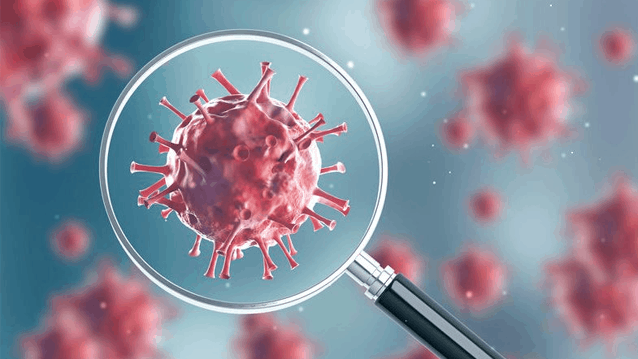Coronavirus disease is an extremely infectious disease, surfaced in 2019, caused by a recently discovered coronavirus. Individuals suffering from the disease experience ranging respiratory illness; mild to moderate. People with strong immunity and no medical problems are seen recovering from the disease without requiring special treatment. However. older people and people who have serious medical problems like diabetes, chronic respiratory disease, cardiovascular disease are more prone to develop a serious illness or catch coronavirus.
Coronavirus is also named (COVID-19) and it began in Wuhan, China, at the end of 2019. So far, it has spread across the world, including Hong Kong, South Korea, Saudi Arabia, Italy, Iran, the GCC, Thailand, Singapore, India, the United States and in a number of other countries. Coronavirus has already killed more people in Italy than in any other country. As per current statistics, there are over 1,710,135 coronavirus cases and 103,506 deaths recorded globally. At present, as per the Ministry of Health, cases of coronavirus in India have gone up to 8,356 with 34 deaths due to COVID-19 so far.
Symptoms of Coronavirus (COVID-19)
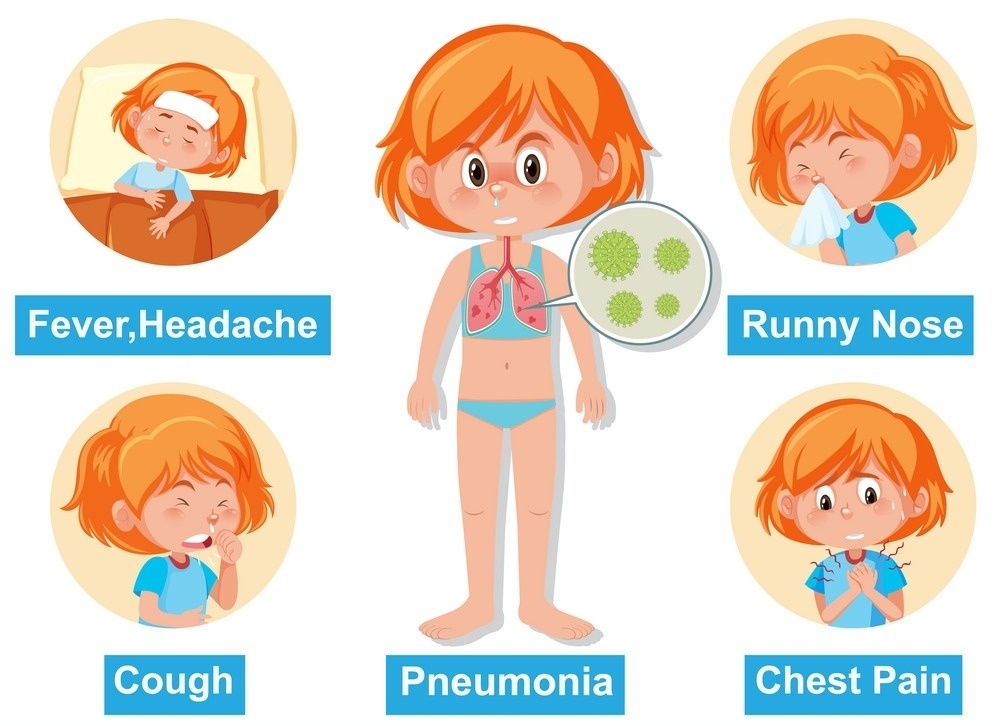
According to the WHO, the most common symptoms of COVID-19 are
Fever
Tiredness
Dry cough
Other symptoms are
Sore throat
Aches and pains
Shortness of breath
Diarrhea, runny nose, or nausea (Very few reported cases)
How Coronavirus is Spread
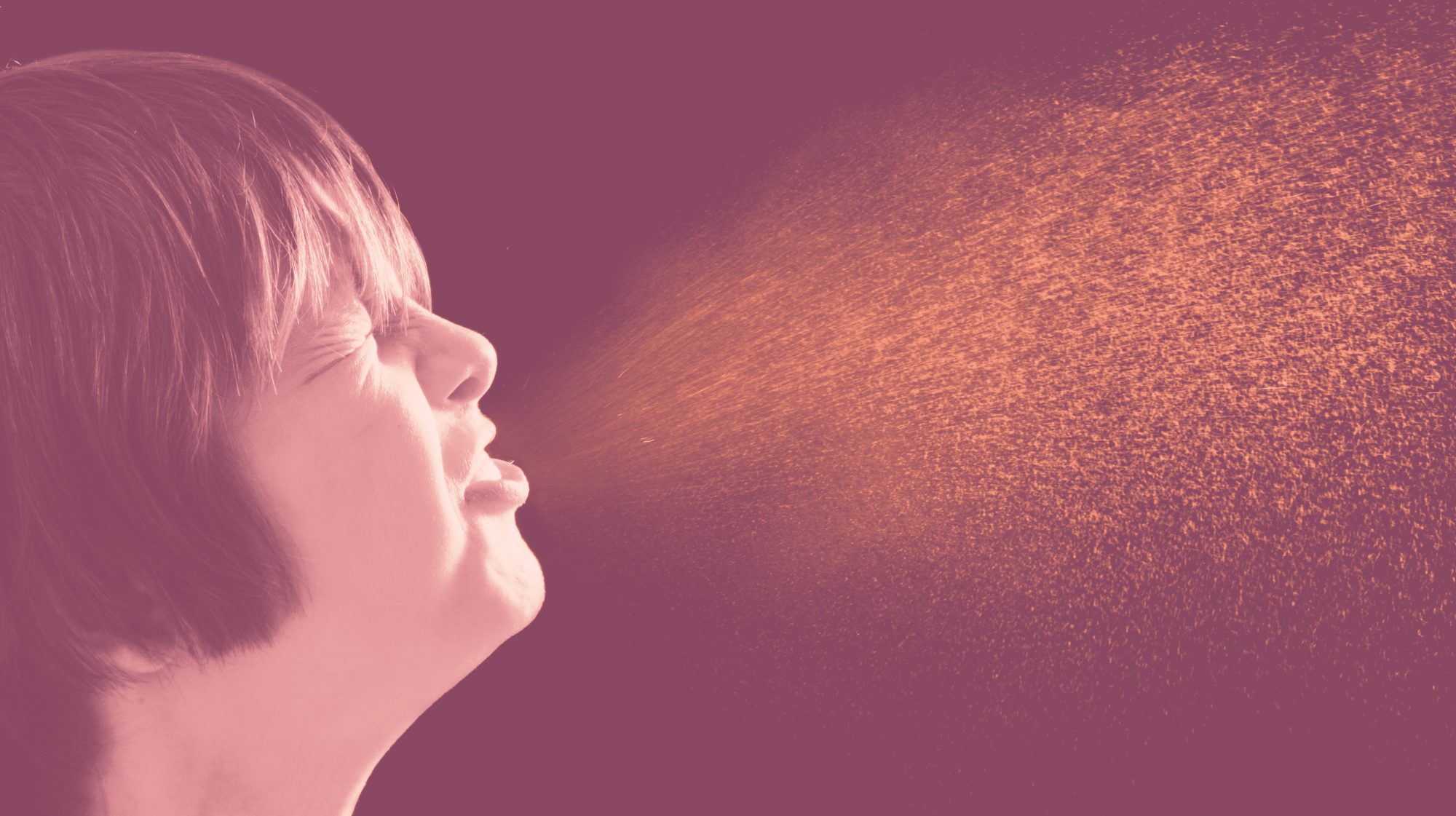 Coronavirus is transmitted through human contact, sneezes, or cough droplets. You might get the virus if you come in close contact with someone who has the virus or they have coughed or sneezed in the same proximity as you. According to experts, infected people who have coughed or sneezed on common surfaces like tables or chairs are also spreading the disease. Besides that, the use of unwashed hands to touch your face is also proven to be effective in the spread of coronavirus.
Coronavirus is transmitted through human contact, sneezes, or cough droplets. You might get the virus if you come in close contact with someone who has the virus or they have coughed or sneezed in the same proximity as you. According to experts, infected people who have coughed or sneezed on common surfaces like tables or chairs are also spreading the disease. Besides that, the use of unwashed hands to touch your face is also proven to be effective in the spread of coronavirus.
As a new disease, we don’t know how quickly the virus spreads from person to person, or how long the virus remains on the surface. The spread of the disease is most likely to grow because of people roaming in the country with prominent coronavirus symptoms. In order to control the spread of the disease, people need to practice social distancing.
The virus is said to be active in the air for up to 2 days if anyone infected has coughed or sneezed in a commonplace. It is important to note that simple household disinfectants can destroy the virus on the surface. It is important to first clean the surface and then use a disinfectant.
Incubation Period of Coronavirus Disease
 Incubation Period refers to the time between catching the virus and when the body begins exhibiting symptoms of the disease. As per experts, the incubation period of COVID-19 is between 1-14 days, mostly around five days. This might range for the current data will be updated when a deeper study of the new data would become available. It is best suggested by doctors and experts to remain under quarantine and assess the symptoms.
Incubation Period refers to the time between catching the virus and when the body begins exhibiting symptoms of the disease. As per experts, the incubation period of COVID-19 is between 1-14 days, mostly around five days. This might range for the current data will be updated when a deeper study of the new data would become available. It is best suggested by doctors and experts to remain under quarantine and assess the symptoms.
What things I Should Do to Avoid Catching Coronavirus?
You should not leave home unless you go to a doctor or a hospital. You should wear a face mask to avoid coming in contact with any virus present in the air. You are suggested to wash your hands often, with soap and water for at least 20 seconds, or you can use a small amount of alcohol-based hand sanitizer clean your hands. You should stop touching your face; mouth, nose or eyes. You should also wash the counters, tabletops, doorknobs, bathroom fixtures, toilets, computers, keyboards, tablets and, bedside tables in your home and clean any body fluids from the surfaces of your house. You should stop sharing common items like plates, drinking glasses, cups, eating utensils, towels or bedding with someone else. You’d prefer someone else to take care of your pets because it’s unclear if the animals will get sick from COVID-19.
Prevention Tips COVID-19
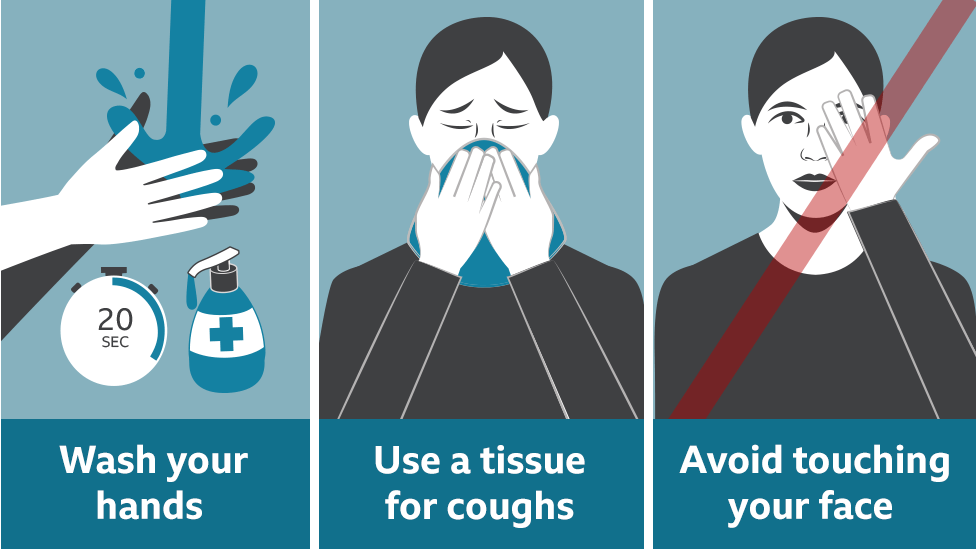 While there is no vaccine available to prevent infection with the new coronavirus, you can take measures to minimize your risk of infection.
While there is no vaccine available to prevent infection with the new coronavirus, you can take measures to minimize your risk of infection.
WHO and CDC propose the following measures to prevent COVID-19:
Avoid big events and mass meetings
Practice social distancing/self-isolation
Remain with
Prevent direct contact with someone who is sick or has symptoms/maintain a distance of about 6 feet or 2 meters with everyone
Keep a distance between yourself and others if COVID-19 spreads in your group, you should particularly stay out of gatherings if you are at higher risk of serious illness.
Wash your hands often with soap and water for at least 20 seconds/Use an alcohol-based hand sanitizer containing at least 60% alcohol.
Cover your mouth and nose with your forearm or tissue whenever you cough or sneeze
Throw out the used tissues
Avoid touching your eyes, your nose, your mouth
If you’re sick; avoid sharing food, water glasses/mugs, bedding and other common household items
Clean and disinfect the highly-touched surfaces every day
Stay home from work, school, and public areas if you’re sick unless you need to step out for medical care/attention. If you’re sick, stop using public transport.
When to See a Doctor?
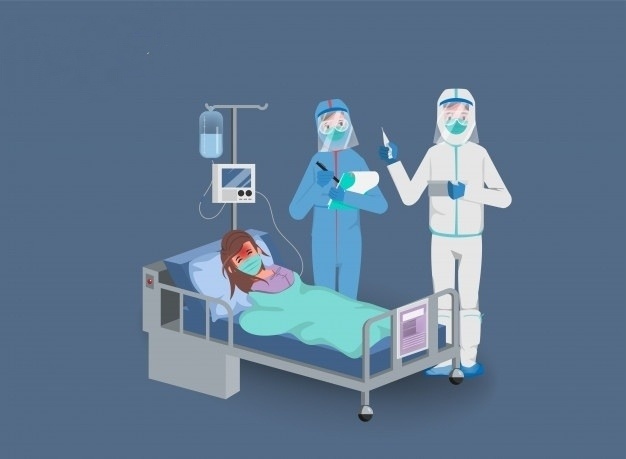 In case of change in body temperature or cough, experts suggest that anybody with prominent symptoms should stay home for at least 7 days. In case they live with family, they should live in their home for at least 14 days. This is suggested to prevent the disease from spreading further; outside the home. In case the symptoms continue to last or grow than seven days, you should call for medical service.
In case of change in body temperature or cough, experts suggest that anybody with prominent symptoms should stay home for at least 7 days. In case they live with family, they should live in their home for at least 14 days. This is suggested to prevent the disease from spreading further; outside the home. In case the symptoms continue to last or grow than seven days, you should call for medical service.
If you believe you have COVID-19, kindly seek urgent medical support. Your doctor will prescribe medication for any symptoms or complications that might arise.
What Treatments are Available?
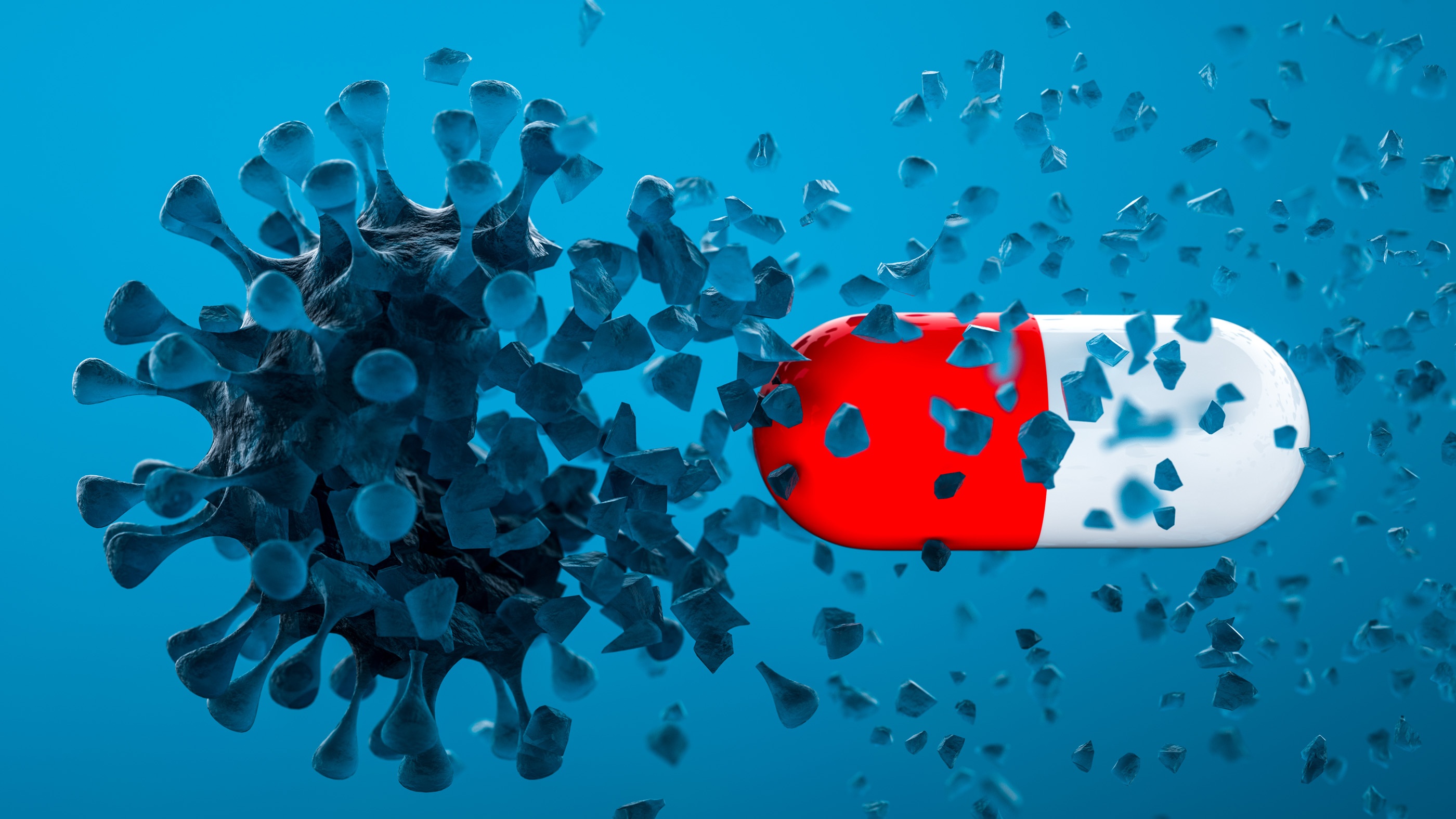 At present. there is no clearly approved treatment for COVID-19 and no cure for the infection. Although therapies and vaccines are currently under review. At the time being, all treatments focus on treating symptoms as the infection is rapidly progressing.
At present. there is no clearly approved treatment for COVID-19 and no cure for the infection. Although therapies and vaccines are currently under review. At the time being, all treatments focus on treating symptoms as the infection is rapidly progressing.
Many coronaviruses, such as SARS and MERS, are also treated with symptom management. In certain cases, new therapies are studied to access how successful they are in the prevention of the disease furthermore. A few examples of treatments used to cure such diseases are; antiviral or retroviral breathing aids, such as mechanical ventilation steroids to minimize lung swelling of blood plasma transfusions, etc.

